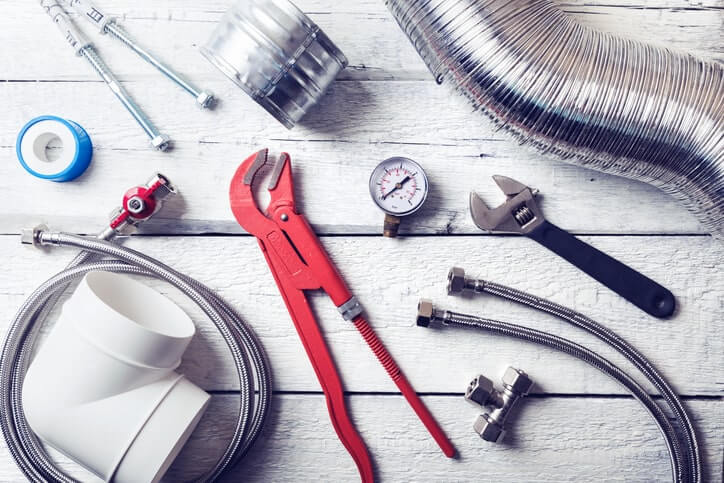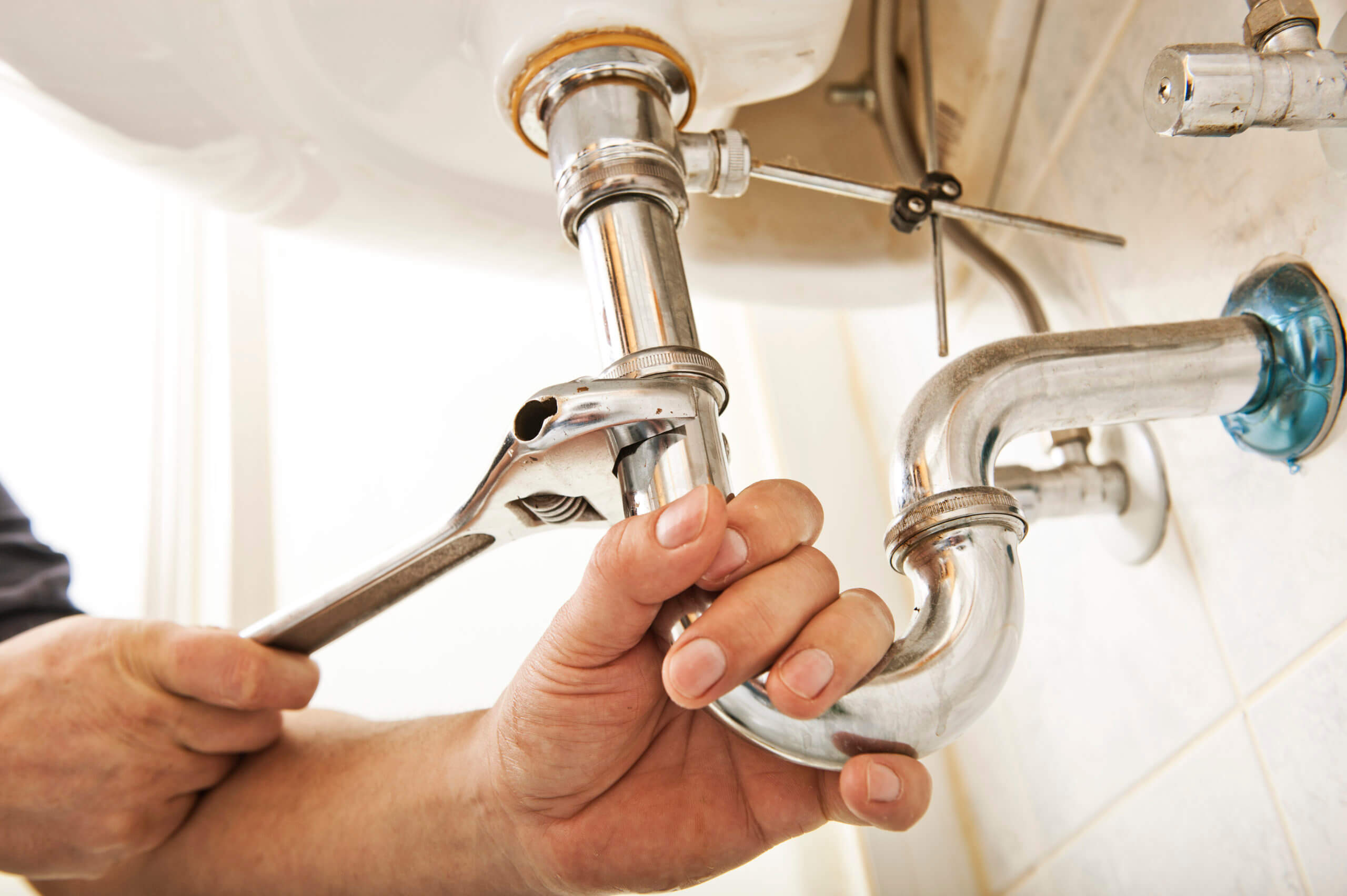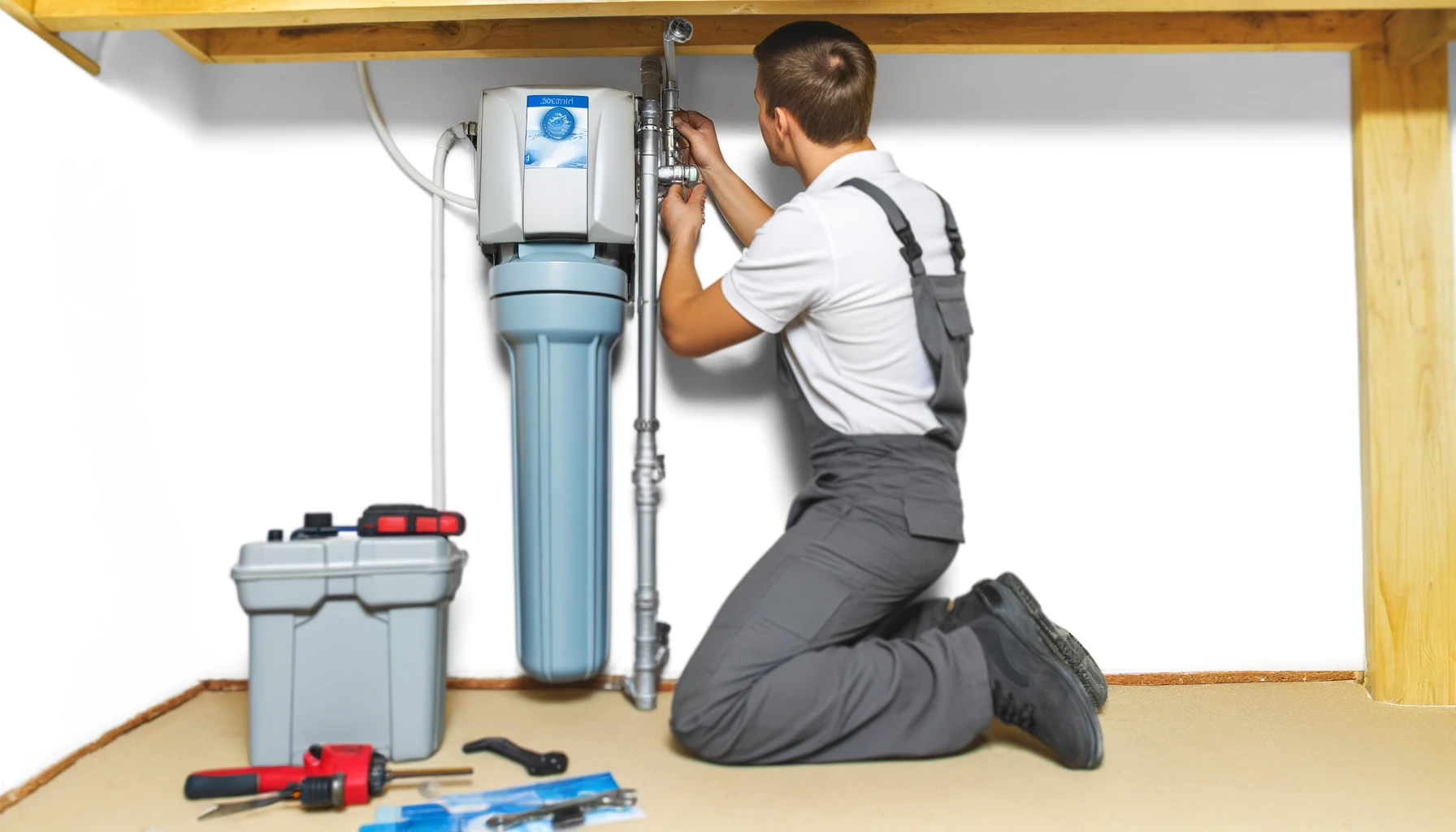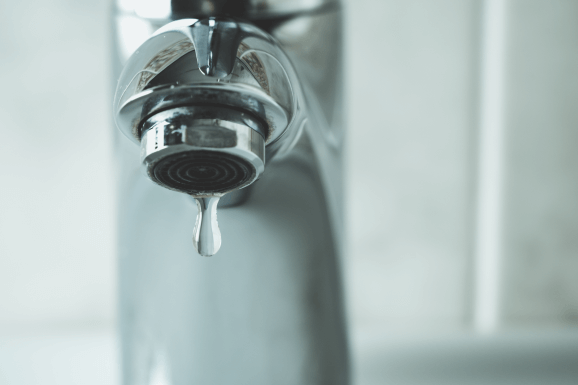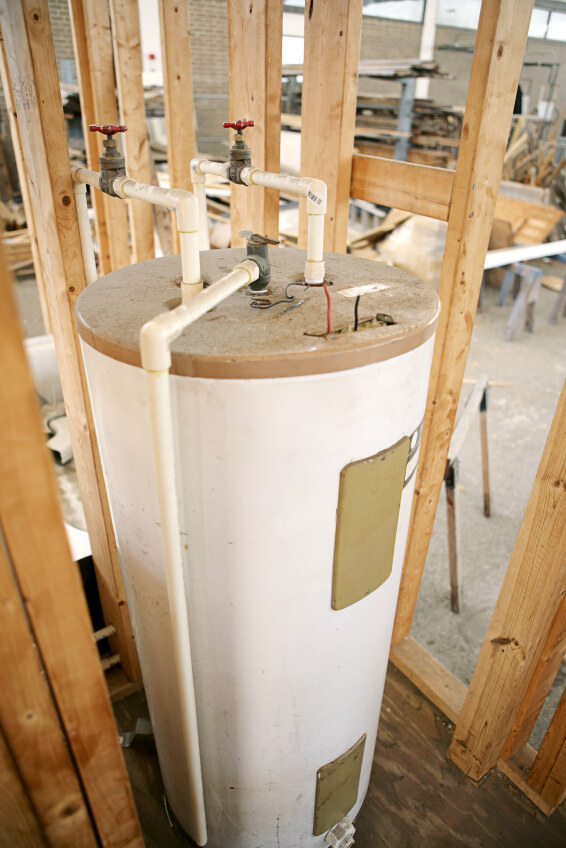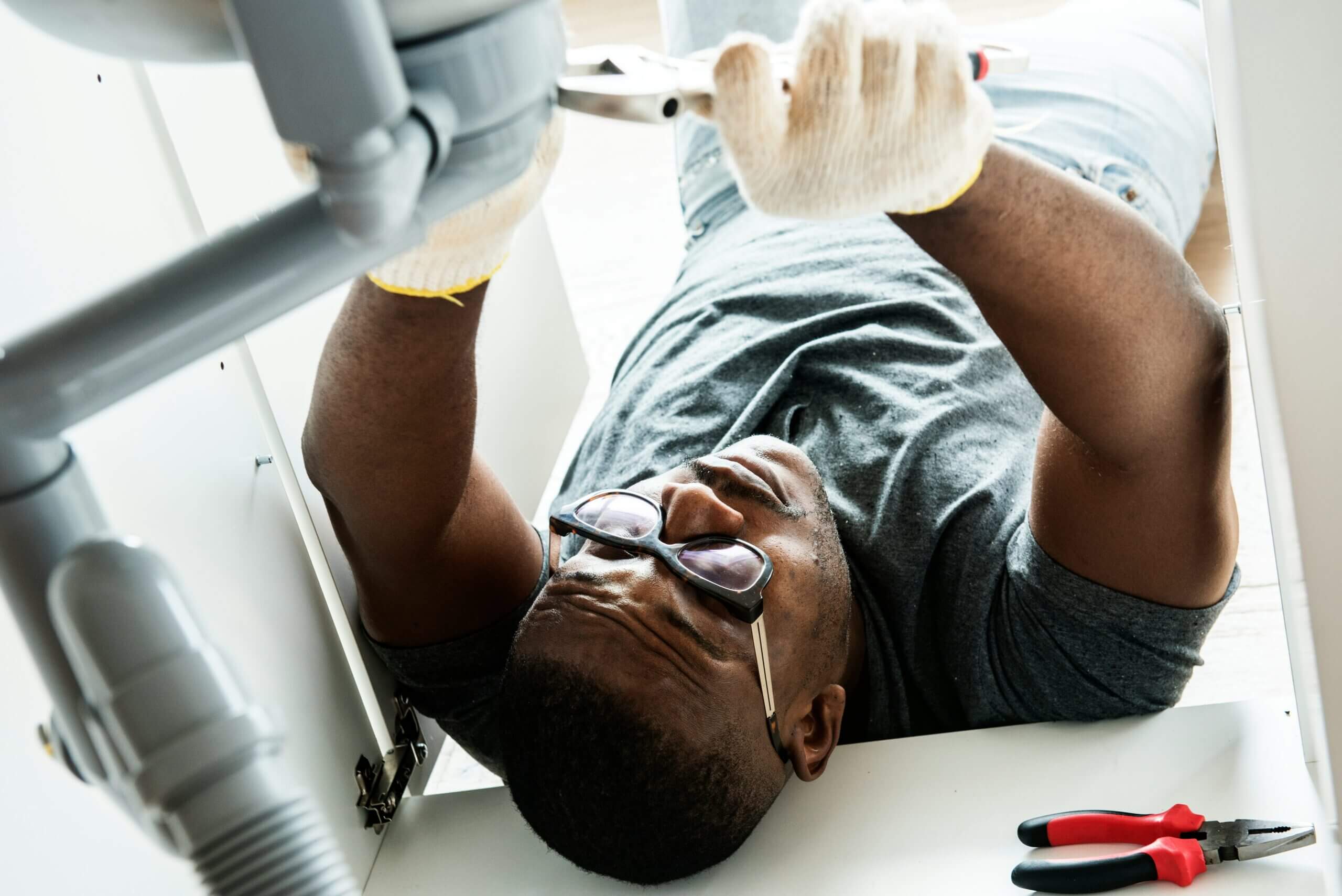Need a 24-Hour Emergency Plumber in Edinburg, TX?
Plumbing emergencies rarely happen at a convenient time. Whether you’re dealing with a burst pipe, sewer backup, or sudden water heater failure, emergency plumbers in Edinburg are available 24/7 for fast, professional repair. Quick action can prevent thousands of dollars in damage — especially in areas like Edinburg where very hot, humid summers often puts extra stress on pipes and fixtures.
Frozen Pipes and Plumbing Emergencies Can Happen Fast
Extreme cold, ice, or sudden temperature drops increase the risk of frozen or burst pipes. If you’re in Edinburg and notice reduced water flow, strange noises, or leaks, it’s important to contact an emergency plumber right away. Fast response can limit water damage and help restore service before a small issue turns into a costly repair.
What to Do During a Plumbing Emergency
If water is already leaking or flooding, take these steps before the plumber arrives:
- Call a 24-hour plumber in Edinburg, TX: Fast response is critical to minimizing damage.
- Shut off the main water supply: If it’s safe, turn off the main valve to stop the flow of water.
- Contain active leaks: Place buckets or towels under drips to slow damage.
- Avoid DIY fixes: Emergency plumbing often involves electrical and structural risks — wait for a licensed professional.
Emergency Plumbing Services Available in Edinburg
Local 24-hour plumbers handle urgent repairs including:
- Burst or frozen pipe repairs
- Severe leaks and water line failures
- Clogged or overflowing toilets and drains
- Water heater breakdowns or no hot water
- Sewer line backups and basement flooding
- Gas line emergencies (if licensed in Texas)
Explore full pricing details in our Emergency Plumbing Cost Guide.
How Much Does Emergency Plumbing Cost in Edinburg, TX?
After-hours plumbing services cost more due to urgent response and extended labor time. Homeowners in Edinburg typically pay:
| Service Type | Average Cost Range | Description |
|---|---|---|
| After-hours service fee | $75 – $150+ | Diagnostic or dispatch charge for emergency calls. |
| Minor repairs (clogs, small leaks) | $120 – $350 | Includes drain clearings and simple pipe or fixture leaks. |
| Major repairs (burst pipes, water main, heater) | $400 – $1,500 | More complex issues requiring parts, excavation, or large repairs. |
| Emergency labor rates | $70 – $150+ / hour | Varies by contractor, season, and demand. |
Final pricing depends on job severity, time of day, and local labor rates. Request multiple quotes from licensed plumbers in Edinburg, TX for an accurate estimate.
Why Hire a Local Emergency Plumber in Edinburg, TX?
Local plumbing professionals offer faster service, better communication, and repairs tailored to Edinburg’s housing and weather conditions.
- Faster arrival times: Nearby plumbers can respond quickly — even late at night.
- Local system expertise: They understand Edinburg, TX’s water lines, home styles, and code requirements.
- Weather-aware solutions: Experience with hot semi-arid climate with tropical influence helps address pipe failures common in Texas.
- Follow-up support: Many offer inspections, maintenance, and long-term repair solutions.
Trusted 24-hour plumbers in Edinburg, TX are available whenever emergencies strike — helping you protect your home from damage and restore comfort quickly.
Need emergency plumbing help in Edinburg? Get service now.
Modernize connects homeowners in Edinburg, TX with licensed, insured plumbers offering 24-hour repairs, leak prevention, and long-term service — keeping your home safe, dry, and comfortable all year.

